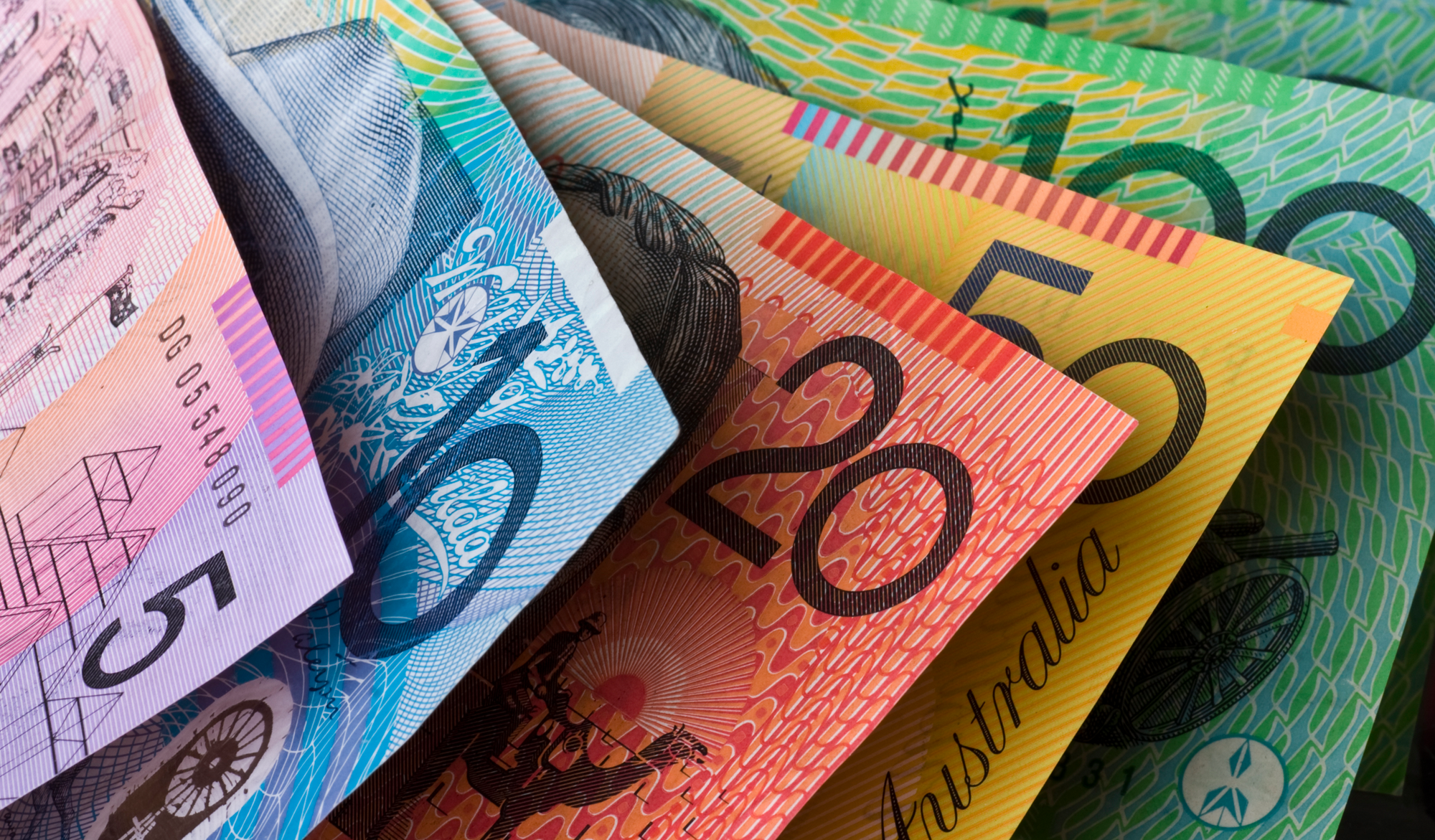Inflation, interest rates and your money: everything you need to know
Inflation and rising interest rates are on everyone’s lips. What, exactly, is the relationship between the two? And what does it mean for you and your savings?
In January 2023, inflation was at 7.4% in Australia. That’s well above the RBA’s target inflation rate of 2-3%.
High inflation drives up interest rates. If you’re paying off a loan, that could mean higher monthly repayments.
If you have savings, the situation is more complicated. On one hand, your savings are probably worth less than before as the cost of goods and services increases. On the other, you might be earning more interest.
Why does inflation push interest rates up? 🤷🏽
When inflation is high it costs more money to buy the same things today than it did yesterday (have you noticed those bagels are getting more expensive?). To prevent prices going totally bananas, it’s necessary to decrease spending. The less people have to spend, the less demand there is for goods and services, and this can slow the rate at which prices increase.
One way to slow down spending is to increase interest rates. The more it costs to borrow, the less demand there is for credit, and the more people must repay on their existing loans, the less money they have to splash around.
Who or what decides interest rates? 🙋🏻
The Reserve Bank of Australia (RBA). It’s our central bank – and its main job is to enact policies that ensure our economy remains stable.
Key to this is setting the ‘cash rate‘. It’s the interest rate that applies to banks when they lend money to each other overnight. They do this all the time, to make sure everyone has enough cash to go around. The higher the cash rate, the more it costs banks to operate.
To meet these costs, banks pass on the cash rate to consumers. This means increasing interest rates on loans.
But, if the cash rate is only around 3.6%, why is my interest rate around 5 or 6%? 🤔
There are two main reasons why your interest rate is higher than the cash rate.
First, when banks lend money, they get it from people’s savings. They must pay interest to these people, which is called ‘funding costs’.
Second, higher interest rates mean there’s a greater risk of lenders defaulting. The banks must buffer against that risk.
What do inflation and higher interest rates mean for you? 🤑
If you have a loan, you’re probably dealing with higher monthly repayments. A budgeting app could help.
But, if you have savings, your situation is double-sided. As inflation increases, the buying power of your savings decreases. At the same time, though, you could be getting a higher interest rate on your savings than you were before.
How can you minimize the impact of inflation and interest rates on you and your money? 👨🏾🔧
First, if you’re in debt, pay it off as quickly as you possibly can. Got multiple debts? Start with the one with the highest rate first, then work your way down. Or, consider consolidating your debts into one, and try negotiating a better interest rate when you do.
Second, if you have savings, move them into an account with a higher interest rate pronto.
Unless you’re in charge of the RBA, you can’t control inflation and interest rates. But, you can take steps to minimise their impact on you.


 Team MONEYME
Team MONEYME ">
">
 ">
">
 ">
">